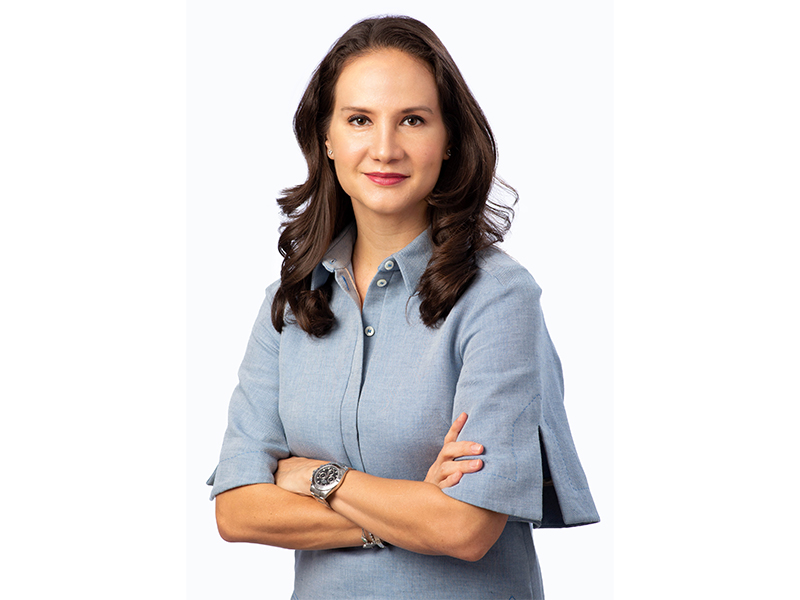Establishing a good relationship with a family doctor in Hong Kong is one of the best things you can do to keep you and your family healthy in your time here. As DR BRIGITTE SCHLAIKIER explains, this patient-physician relationship can follow every stage of a woman’s life, from birth to old age.
Stage 1: Childhood
The relationship begins with the care of the child; a doctor will make sure vaccinations are up to date, do school check-ups and treat intercurrent illnesses. The girl then becomes a tween and then a teen, where a family physician can monitor pubertal changes, mood changes, eating disorders.
Stage 2: Early adulthood
As young women start dating, sexual education, contraception, sexual health screens and cervical cancer screening become important; having a good relationship with a family physician means all these areas of care can be covered. The benefit of the relationship is that the woman can open up about subjects they’re not keen to discuss with the family to a trusted professional.
Stage 3: Pre-marriage and marriage
As life moves on, some people may decide to commit in a relationship – expat couples who meet in Hong Kong, for example! Some may be interested in a pre-marital check-up; here a family doctor can help. Fertility may also be of interest and a physician can discuss fertility issues with the woman. Unfortunately, sometimes relationships end up in heartbreak, which can be followed by mood problems; family doctors can help to deal with this upheaval as well as other issues like work stress and family problems that may arise.
Stage 4: Pregnancy and childbirth
Family physicians work closely with gynaecologists and obstetricians. They see pregnant women that may suffer from illnesses during pregnancy and can also give vaccines that are needed during pregnancy. After delivery, breast feeding issues may come up or other post-partum problems and family doctors can also help here. Many expatriates living in Hong Kong don’t have their families here to help them through this time. That’s why having a good medical support system is important.
Stage 5: Child-rearing
Many women with young children will know how often young children get fevers, sickness and rashes. Very often, these illnesses spread from one sibling to the other and sometimes also to the parents. Family physicians look after infectious disease and can care for all family members of all ages. Knowing what infection one family member suffers from, they can help prevent spread or treat other family members too.
Stage 6: Changes with age
As women age, their menstrual cycles change. This can pose problems like excessive heavy periods, anaemia, irregular periods, premenstrual mood changes or painful periods. It’s important to have regular well women examinations with your family physician to address any concerns, and to arrange cervical, breast and other cancer screenings. Menopausal problems can also be discussed; family physicians offer various different treatment options for menopausal symptoms.
Preventive care is a specialty of family medicine, and vaccine-preventable illnesses like shingles and pneumonia will be discussed by family doctors. Prevention of chronic diseases like obesity, hypertension, diabetes, heart disease will also be screened for and can be detected and treated by family physicians.

Final word
A family physician will follow your life cycle and know your personal and family history well. Family doctors treat more than what most people think they do! Also, when you need a specialist, they’ll help you find the right fit. So look after you and your family in Hong Kong by booking in with a family doctor.
Like this? See more in our Health & Fitness section!



